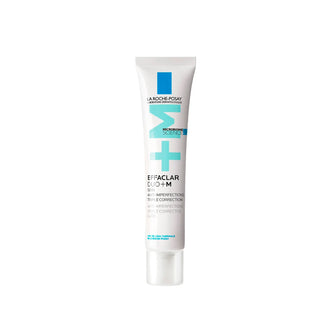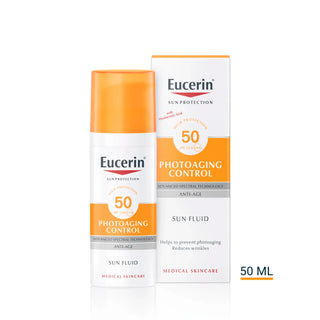 When it comes to skincare, ingredients like Hyaluronic Acid and Vitamin B5 have become a must have in skincare routines. Both are powerful allies for healthy skin, but each has different functions, benefits, and target audiences. In this article, we’ll explore each of these ingredients that work to transform the appearance and health of your skin, providing deep hydration, regeneration, and a soothing touch.
When it comes to skincare, ingredients like Hyaluronic Acid and Vitamin B5 have become a must have in skincare routines. Both are powerful allies for healthy skin, but each has different functions, benefits, and target audiences. In this article, we’ll explore each of these ingredients that work to transform the appearance and health of your skin, providing deep hydration, regeneration, and a soothing touch.
Let’s look at the unique characteristics of Hyaluronic Acid, known for its exceptional ability to retain water and plump the skin, giving it a more supple and rejuvenated appearance. In parallel, we will look at the benefits of Vitamin B5 – or Panthenol – which helps to soften, repair and strengthen the skin barrier, making it essential for sensitive and irritated skin.
What is Hyaluronic Acid?
Hyaluronic Acid is a molecule naturally present in the skin, famous for its incredible ability to retain up to 1000 times its weight in water. It is essential for skin that needs more hydration, helping to plump, smooth and firm the skin.
Benefits:
- Intense and long-lasting hydration;
- Reduction of fine lines and wrinkles;
- Increased elasticity;
- Skin looks firmer and plumper.
For what skin type?
Hyaluronic Acid can be used on all skin types, including oily skin, but it is essential for dry or dehydrated skin, mature skin or skin with loss of volume and sensitive skin with a feeling of tightness.
What is Vitamin B5?
Vitamin B5, also known as Panthenol or D-Panthenol, is an active ingredient with calming, regenerating and moisturizing properties. It is especially used to promote the repair of the skin barrier, ideal for fragile or sensitive skin.
Benefits:
- Soothes and reduces irritation
- Repairs damaged or sensitized skin
- Improves hydration and softness
- Helps heal and regenerate the skin
For what skin type?
Vitamin B5 is recommended for sensitive skin or skin prone to redness, skin that has undergone aesthetic treatments (laser, peels, etc.), dry skin or skin with irritation and is also excellent for acne-prone skin, due to its anti-inflammatory action.
Hyaluronic Acid vs Vitamin B5 : Which to Choose?

Golden tip: you can and should use both together! They are complementary ingredients that enhance their effects when applied in a coordinated routine.
How to use it in your routine?
Routine with Hyaluronic Acid:
- Gentle cleansing - SkinCeuticals Gentle Cleanser Cream 200ml
- Balancing toner - Sensilis Purify Balancing Toner 200ml
- Serum with Hyaluronic Acid - CeraVe Hyaluronic Acid Serum 30ml
- Moisturizing cream - La Roche-Posay Hyalu B5 Cream 40ml
- Sunscreen - La Roche-Posay Anthelios Age Correct SPF50 50ml
Tip: Apply hyaluronic acid while the skin is still slightly damp to enhance absorption.
Routine with Vitamin B5:
- Gentle cleansing - La Roche-Posay Toleriane Caring Wash 400ml
- Vitamin B5 serum - La Roche-Posay Hyalu B5 Serum 30ml
- Nourishing cream if needed - Avène Revitalizing Nourishing Cream 50ml
- Sunscreen - La Roche-Posay Anthelios UVMune 400 Cream SPF50+ 50ml
- At night use a repair cream - La Roche-Posay Cicaplast Baume B5+ 100ml
Tip: Ideal for soothing the skin after sun exposure or intensive treatments.
Ingredients that combine well
- Hyaluronic Acid + Vitamin C → moisturizes + brightens
- Vitamin B5 + Niacinamide → soothes + strengthens
- Hyaluronic Acid + Retinol (at night) → moisturizes + rejuvenates
- Vitamin B5 + Salicylic Acid → repairs + purifies
Combining Vitamin B5 and Hyaluronic Acid in the same skincare routine is a smart strategy to enhance results. While Hyaluronic Acid provides immediate hydration and plumping, Vitamin B5 works to regenerate and strengthen the skin barrier.
Daily use of these products not only improves the texture and appearance of the skin, but also strengthens its ability to resist adverse environmental factors, such as pollution and climate change!







